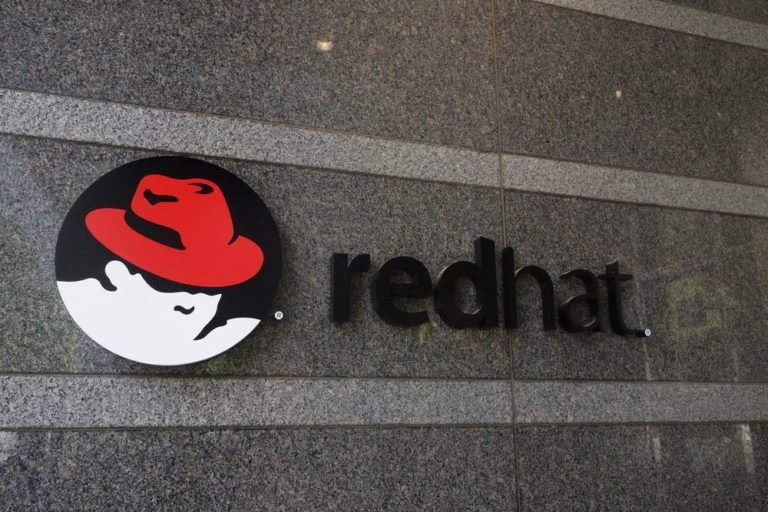Red Hat announced today that it is taking over the startup NooBaa. That company from Boston is in charge of data management. Red Hat wants to strengthen its hybrid cloud portfolio, which is of great strategic importance, through the acquisition.
That’s what Red Hat is announcing today. The deal was announced shortly after Red Hat itself was acquired by IBM. Red Hat’s strong position in the cloud market is one of the main reasons why IBM took over the company at all and is willing to pay as much as $34 billion for it.
Transferring data
It is not known how much money will be involved in the acquisition of NooBaa. We do know that it is a relatively small company that offers a software platform. This platform should make the data of companies more portable. This is, of course, one of the essential elements of a hybrid cloud environment, especially for companies that are increasingly switching to software containers.
Companies often use containers to build portable applications that can easily move between different cloud platforms. Taking the data from those applications with you is sometimes a complicated task. This is because the way in which cloud platforms store data often varies greatly. Migrating data from one platform to another is therefore an intensive process.
Less work
NooBaa’s software provides a unified storage access layer that works with Amazon Web Services, Microsoft Azure, the Google Cloud and Red Hats proprietary Ceph Storage solution. Hybrid cloud users can thus route their requests through NooBaa, eliminating the need to interact separately with each service.
As a result, developers need to do less work. Moving workloads between different cloud services is easier. Red Hat plans to integrate this platform into the Ceph Storage and the Red Hat OpenShift Container Storage offering.
In the FAQ for the deal, Red Hat also hints that NooBaa’s software will eventually be open-source. Red Hat has demonstrated its commitment to open-sourcing the technology it takes over and we see no reason to expect a change in this approach. Our specific plans and the timeline for this will be established in the coming months.
This news article was automatically translated from Dutch to give Techzine.eu a head start. All news articles after September 1, 2019 are written in native English and NOT translated. All our background stories are written in native English as well. For more information read our launch article.